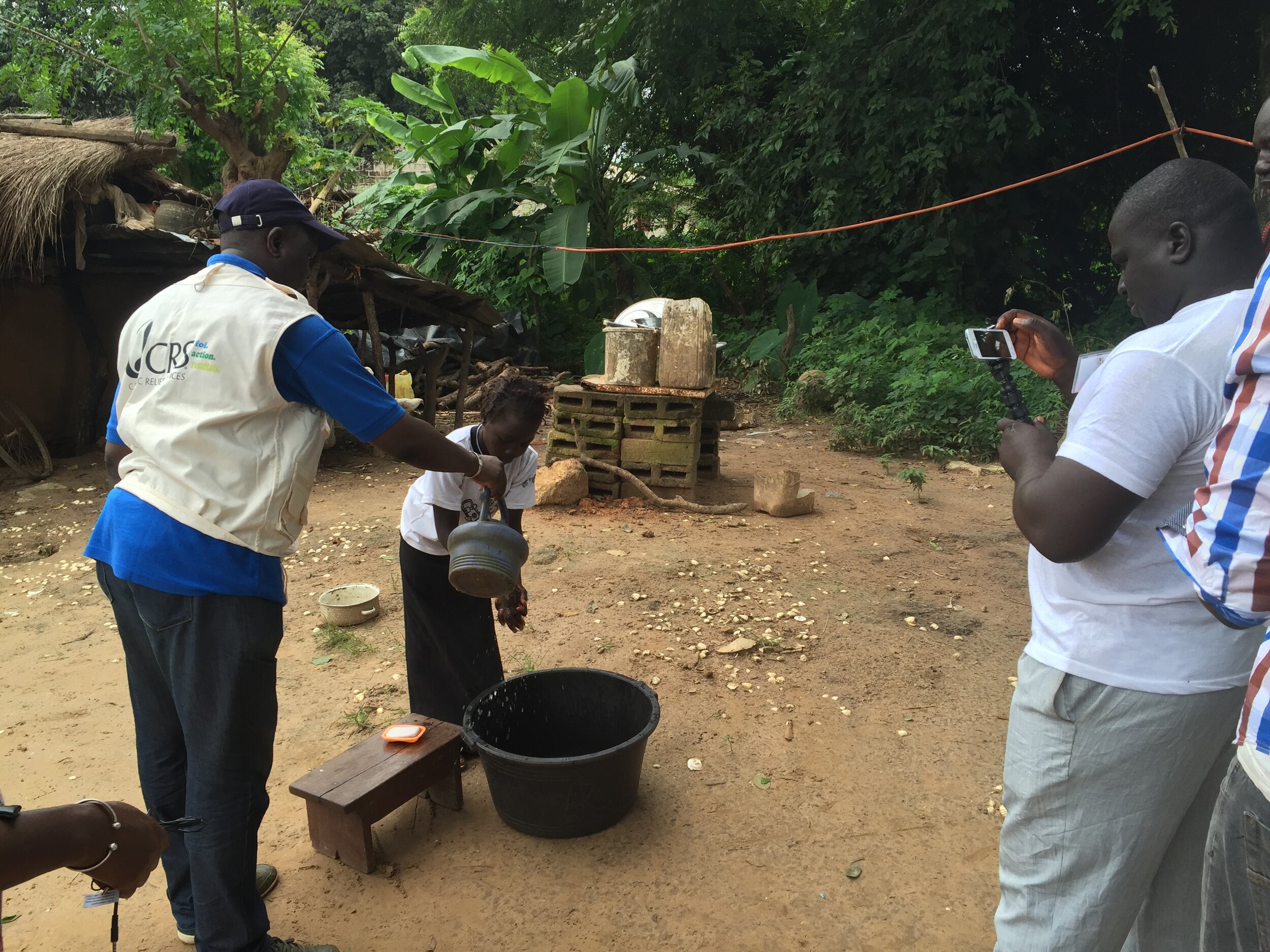What Is WASH?
The nonprofit world is one of many acronyms, but “WASH” is one you’ll hear about often at illuminAid. What does it mean, and why does it matter?
Today, billions of people around the world still lack access to safe water, sanitation, and handwashing facilities. For that reason, the Water, Sanitation, and Hygiene for all initiative (WASH) is included as part of the United Nations’ seventeen Sustainable Development Goals. The purpose of the WASH initiative is to “emphasize the teaching of basic sanitation and hygiene to communities and school children” (Water, Sanitation and Hygiene (WASH) for all Initiative). According to several international development agencies (ie. USAID), the promotion of WASH can reduce the spread of illness and disease, reduce death and poverty, and increase socio-economic conditions. Although these terms are “each a separate field of work, each is dependent on the presence of the other. For example, without toilets, water sources become contaminated; without clean water, basic hygiene practices are not possible” (UNICEF).
All around the world, millions must walk several miles just to retrieve water which in most cases, is not safe to use. The small community of Thagoni, Bolivia, for example, is “so far away, so deep in the mountains, and so spread out, that national programs for water access never would have reached it” (Water For People). Because of its remote location, it lacked basic services like drinking water, in fact, Norah, a woman from the community, says that she frequently woke up at 5 in the morning to walk two hours round trip to the nearest river to collect water for the day’s activities (cooking, cleaning, and bathing). Furthermore, the contaminated water often made people sick, and older community members could not travel that far and would be without water. During the dry season, the river did not contain water and the people were forced to collect it from shallow springs in the community after the dirt had settled.
Unfortunately, circumstances like the community of Thagoni are common all over the world. Moreover, access to basic sanitation knowledge is often unavailable to those living in these small, isolated communities. Thankfully, NGOs (Nongovernmental Organizations) such as Water For People and illuminAid have the resources and the compassion to make a difference in these people’s lives. One way illuminAid contributes to these causes is by using video technology to convey valuable information and basic life skills around important WASH topics, like better hygiene and sanitation. For example, illuminAid trained the staff of International Rescue Committee in Ethiopia to empower refugees with important knowledge on topics like handwashing and safe water management in the home.
Sources
Sustainable Development Goal 6


